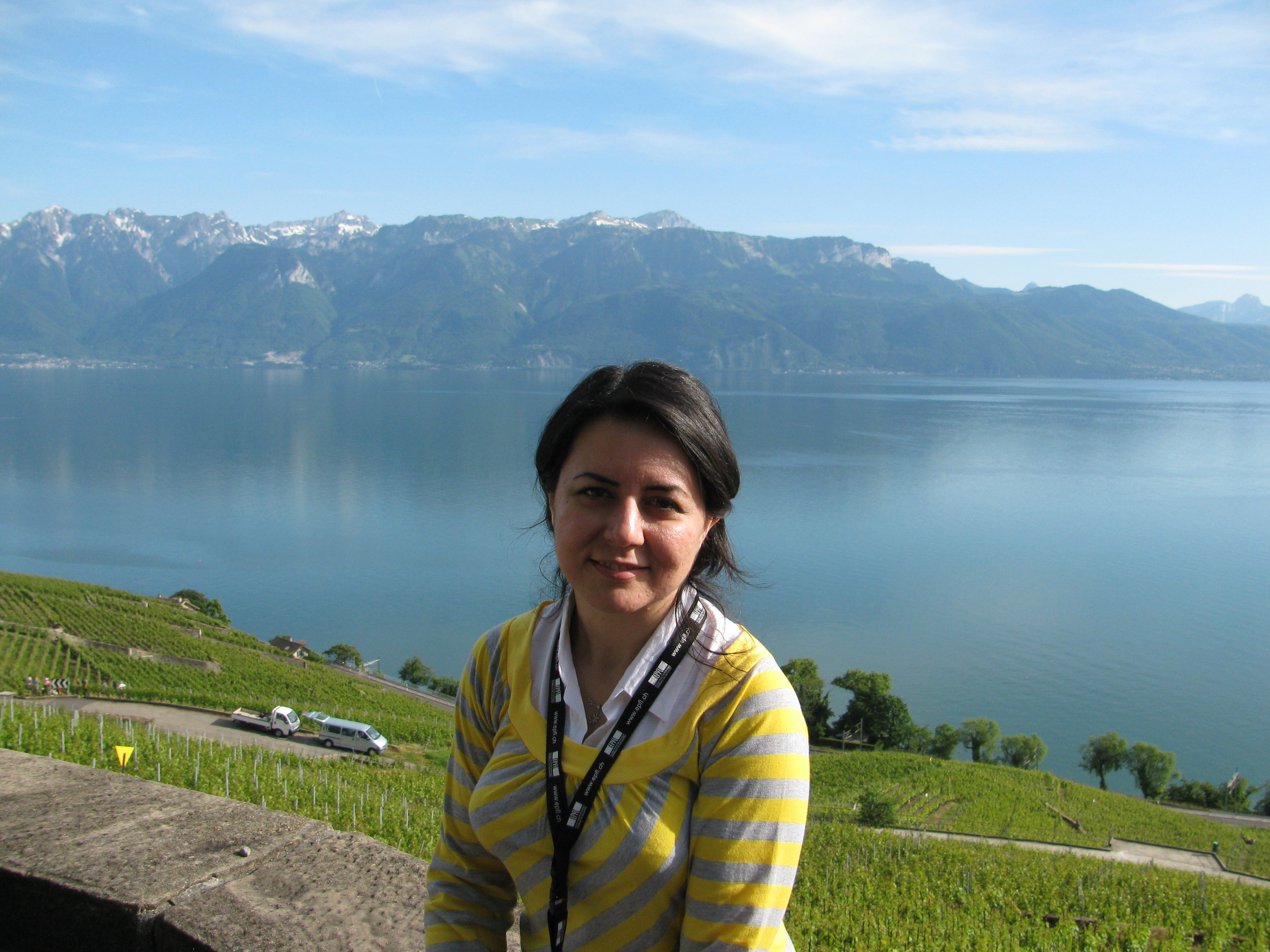
Leila Eamen
Leila is a PhD student in Environment and Sustainability.
What impact is your work having locally and/or globally?
The pressure on the limited water resources is intensified under the impacts of climate change and population growth, even in countries like Canada that are publicly known as water-rich countries. The integrated water management modelling framework that I am developing helps allocate limited water resources among competing uses more efficiently. This framework evaluates the impacts of water allocation strategies and informs water managers about the ways of reducing the consequent economic losses. The model is currently developed for the Saskatchewan River Basin in Western Canada. The framework, however, can be applied to other multi-regional river basins all around the globe to support decision-makers in managing limited and shared water resources.
With which of the UN’s Sustainable Development Goals are you making headway?
My work deals with sustainable and efficient consumption of the water resources that falls under the SDG Goal 12 - Responsible Consumption and Production. My PhD research contributes to this goal by providing a decision support tool that helps allocate limited water resources among uses in a way that not only ensures economic growth but also sustains our water resources.
What was your inspiration for becoming a student in the fields of environment and sustainability?
Being born and raised in a semi-arid region of my home country Iran makes me understand the real meaning of “limited water resources”. This understanding improved by doing my BSc and MSc in water resources management and working on several water management projects in my home country. Then, I reached the point that I wanted to further strengthen my practical experience by exploring scientific horizons of sustainable interactions between human and natural systems. So, here I am!
What course have you taken recently in SENS that you’ve loved and why?
Among all the interesting courses that I have taken in SENS, I enjoyed ENVS 809, PhD Seminar in Sustainability, the most. This was an opportunity to learn how to look at a disciplinary challenge through an interdisciplinary lens, which helped me improve my skills to communicate with scientists and individuals from backgrounds other than mine. This course was also a platform that helped me understand different aspects of sustainability in environmental science and connect my research to it as a broader theme.

